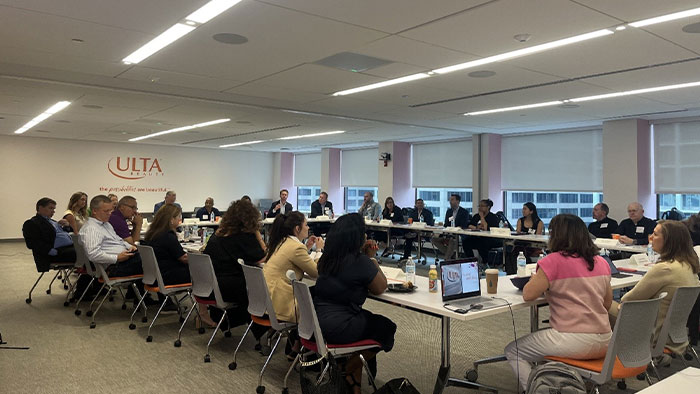ALERT: CA Lawmakers Take Aim at Distribution Center Jobs
- By [ Patrick Brady ]
- 06/02/2021

Tucked into AB 701 is a wish list of sorts that makes you wonder whether the labor union sponsors, or the trial bar will have any room left in their stocking. Outside of creating a duplicative regulation that could inhibit DC production, it provides the following:
- Private right of action (PRA) for employees that perceive retaliation for their performance (more to come on that later) while requiring attorney fees to be covered by the retailer,
- Establishes an employee’s rights to access their most recent three months of the employee’s “work speed data,”
- Prohibits employers from taking adverse employment action against employees based upon performance quotas that do not account for undefined “health and safety laws,” and
- Requires all employees to be given written notice of any performance “quotas” to which the employee may be subject.
As supply chains start to recover from the pandemic, retailers are deeply concerned that this measure creates substantial new uncertainty in an already uncertain business environment in California. Inviting regulators to dabble in DC operations is a recipe for disaster, and combined with the new liability and labor restrictions this measure could have impacts on the ability to get items to store shelves and consumers, as well as ripple effects throughout the supply chain.
Fortunately, there is still time to stop this bill from reaching the governor’s desk. I encourage you to reach out to Rachel Michelin, President and CEO of the California Retail Association, whose team is spearheading the industry’s opposition to the legislation. If you are not a member of CRA, please feel free to reach out to Patrick.brady@rila.org to make any introductions.
Tags
-
Ensuring a Safe, Sustainable Future
-
Keeping Communities Safe
-
Public Policy
-
Retail Works for All of Us
-
State Affairs
-
Supply Chain
-
Workforce


